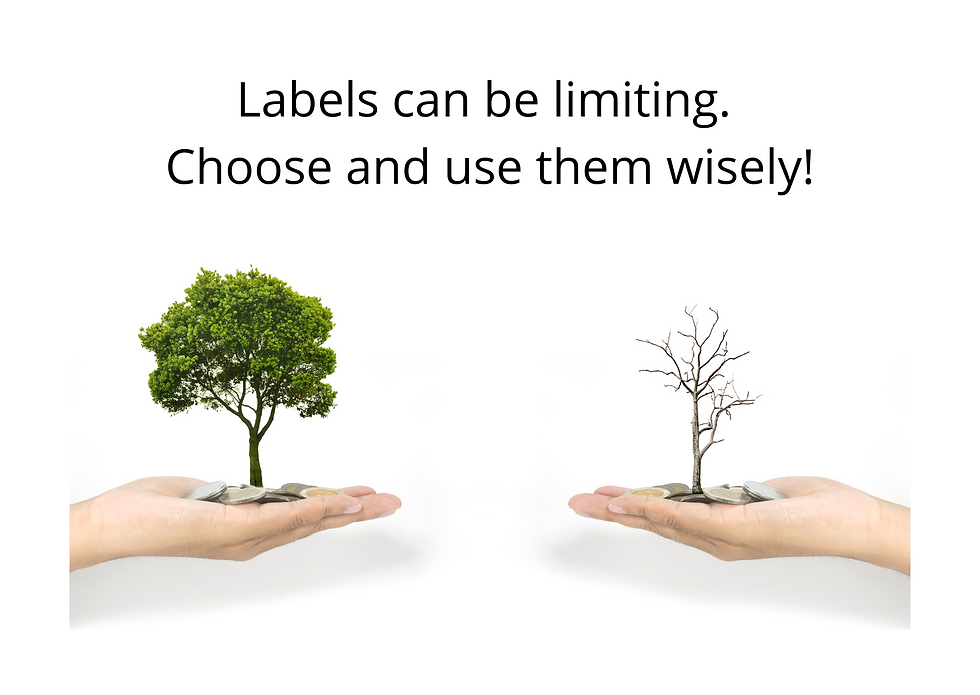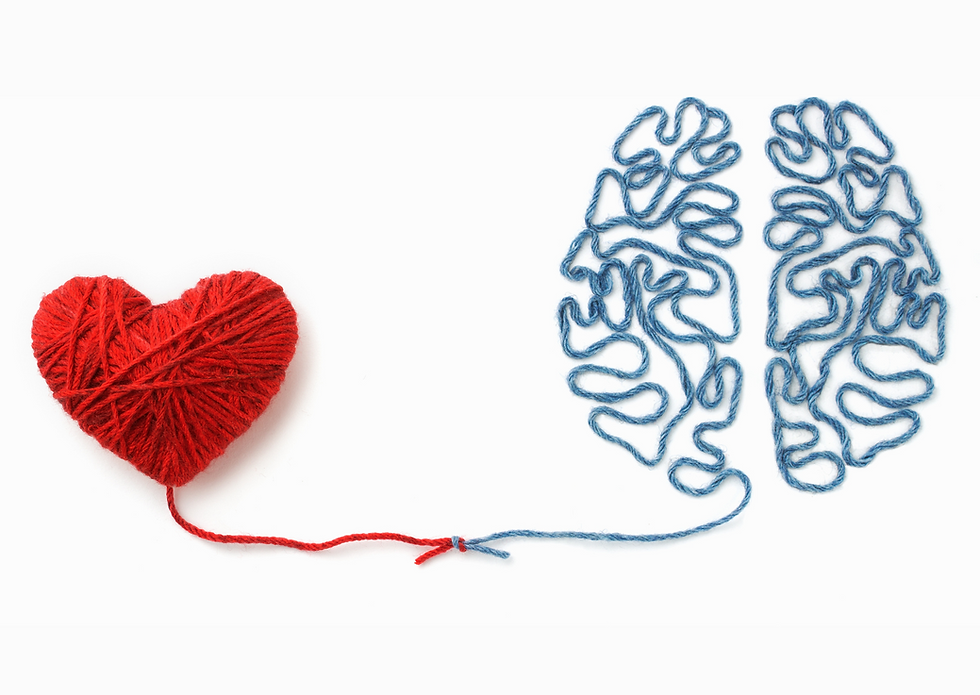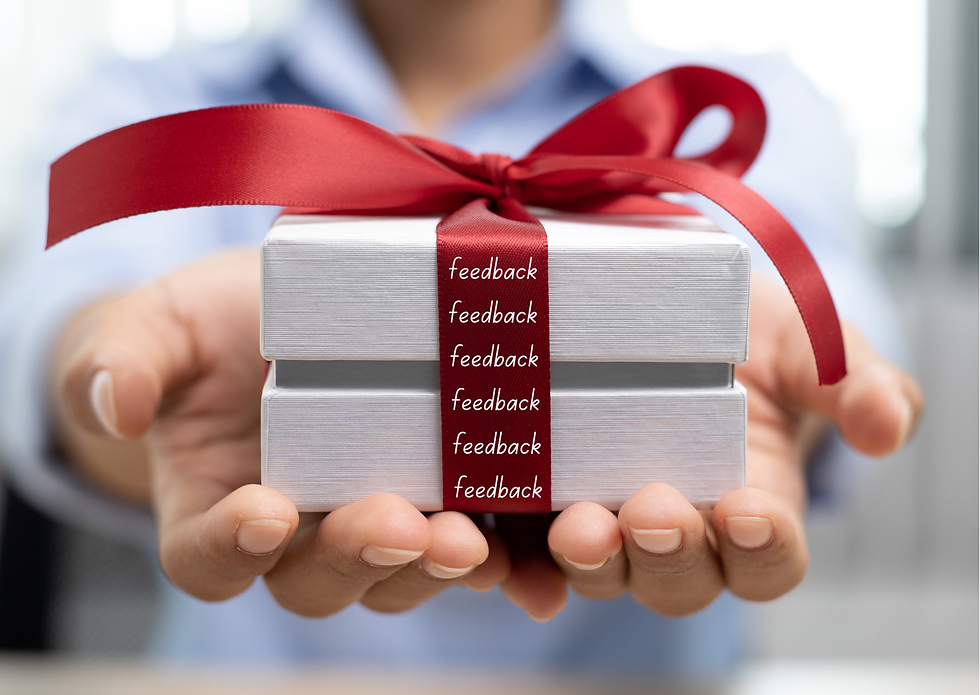Planning and Diary Management
- Mary Ely

- Aug 23, 2022
- 4 min read

This blog is one in a series designed to help you get better at time management and be more productive.
This one considers how you can make the best use of the time you have based on some ideas that have worked for both me and my coaching clients:
Be realistic about time
Plan based on energy whenever you can
Plan what you can
Defend your diary!
Be realistic about time
If you want to feel more in control of your day, it's a good idea to
Assume you don't have 100% of your time.
Start by assuming that you only have 80% of your time available for working on the things you have to do. Keep the 20% for the unexpected/unplanned stuff.
Avoid optimism bias
We tend to think we can do more in the time we have than we actually can, so to avoid this optimism bias
Build in a reality check when you're setting aside time for specific tasks,
Learn from experience. For things you do on a regular basis, track how long they take and use what you learn to plan more realistically the next time
If in doubt and while you're learning how long things take, consider adding say 10% contingency time to your plan and round up (rather than down) to the nearest quarter hour.
Plan based on energy whenever you can
Our levels of energy change throughout the day...

Start to pay attention to when your periods of High, Medium and Low energy are during the day and then use it as the basis for planning...when you have a choice, which you won't always.
For example, I'm your archetypal 'morning person' and have
High energy in the morning where I know I can focus really well. This is the only time of the day when I can focus well enough to write blogs or plan presentations.
Low energy around lunchtime until about an hour before I finish work, when I know I can be easily distracted and find it harder to think through things on my own. Coaching is fun and gives me energy so the afternoon is the most sensible time for this.
Medium to high energy again for the last hour or so of the day, so I'm guaranteed to be OK with admin tasks later in the day.
To get the most out of your time, keep it simple and
do the things you need lots of energy for when you have lots of energy
do the things you don’t need lots of energy for when you don’t have lots of energy
do the things that give you energy when your energy is at its lowest
Any other combination is sub-optimal, to say the least...

Trying to do difficult things when you have low energy.
You’re likely to procrastinate more and give way to distraction
Doing the task will feel harder
You’re unlikely to make much progress and that won’t feel good, making the task seem harder when you have to pick it up again.
Doing easy things when you have high energy
This is a waste of good time.
Doing this might mean you get to tick off LOTS of things off your list which feels rewarding, but it’s only a short-term gain, robbing you of the chance to make progress on the more difficult things.
These are then at risk of being pushed into times when you have low energy/no focus and will still be looming in the background, preying on your mind.
Watch out for energy drains
It's also worth noting that your normal energy patterns may change depending on what else is in your diary. For example, you may notice that specific activities or some regular meetings always drain your energy and leave you with low energy at a time that is normally high for you. So plan around those too.
Plan what you can

Plan the bits of your day you can, blocking out times for things you regularly need to do.
Choose what to prioritise within those times and fit all your other meetings and tasks around them - based on matching energy needs with capacity wherever possible.
Experiment with what works for you but aim to plan in time for these regular activities.
High energy work
Time to work on the big, important or challenging things on your list that need your highest level of energy, when you can really focus.
To-Do list time
Blocks of time where you can tackle the things requiring medium and low energy on your list.
Email/messages time
Limit the time you spend on checking email/responding to messages so that they don't distract you at any other time.
Experiment with what might work for you, perhaps starting with blocking out 3 time-slots a day - first thing in the morning, before lunch and as the final thing you do in the day.
Breaks
It's really important to build in time to give your brain and body a rest and it's easy not to take a break if you don't plan them in, so put them in your diary every day.
Social Media, news feeds etc - if necessary!
This can be a real drain on your time and before you know it, what was going to be a quick check has turned into many minutes of distraction. So if you have to check, plan in the time, set an alarm and STOP when your buzzer goes off!
Defend your diary

Obviously, things happen and emergencies arise but as much as possible, defend your planned time and treat it like any other important meeting or appointment...like an emergency dental appointment.
Re-arrange rather than cancel if something more important is needed for the time you have planned. You've planned this time for a reason, creating a boundary around your time that you need to defend if you want to feel more productive.
Focus 100% on the task that you have planned. You wouldn't respond to emails, messages or calls if you were in a 1-to-1 meeting with your boss, so treat yourself and your planned time with the same level of respect.
Finally...and I would say this wouldn't I...
It doesn't always feel easy to figure out a workable approach that you stick to on your own. Working with a coach makes it simple, manageable and comfortable to make the changes you need, to get the difference you want.

If you'd like to
Get more ideas on how to make better use of your time, check out my blog 'Get better at time management and be more productive'.
Explore coaching with me, click here to book a free call
Try out my monthly emails that provide a roundup of my blogs as well as other insights, by signing up here.



Comments